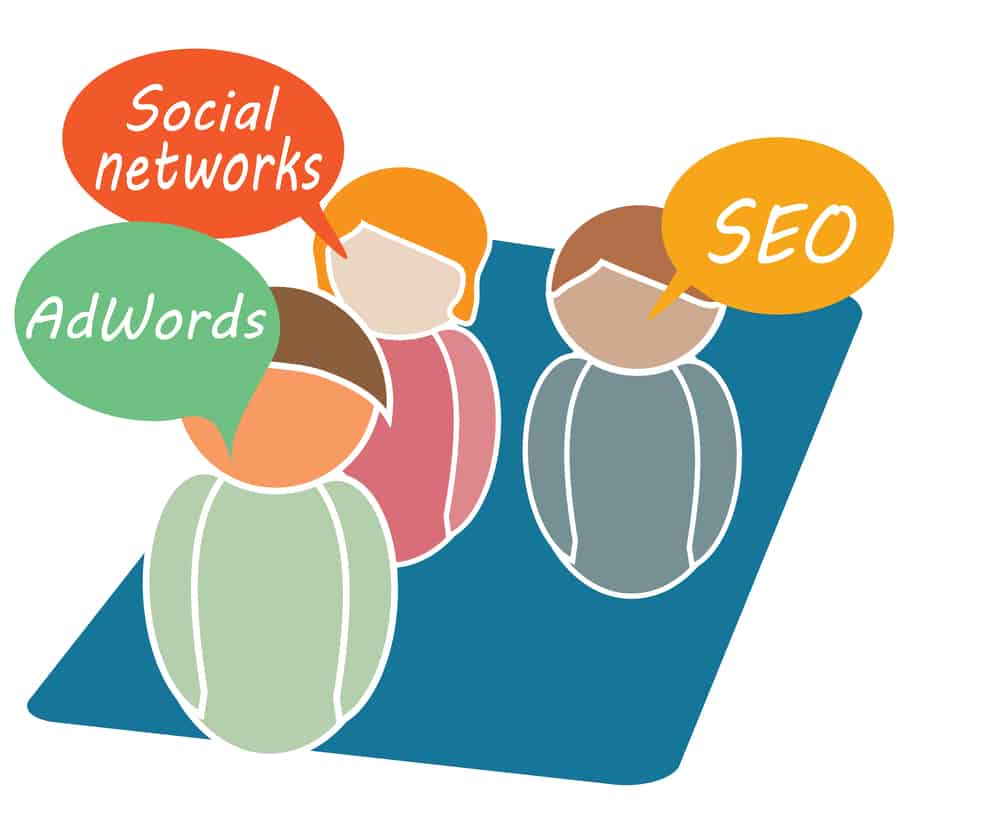In this world of digitalization, ranking on Google-like search engines has been an essential thing for the businesses, especially those who don’t want to settle for anything less. Though some of them may rely on word of mouth or animated signages to be prominent enough. While the majority of the others have realized there’s no other proven option of foolproof marketing than the local SEO.
Even with so much knowledge, a majority of businesses are still making critical local SEO mistakes. And, this is acting as a decline amidst their efforts to improve the online ranking. Today, we are here with the most common but the lesser-known mistakes in regards to this. Read on.
Table of Contents
1. Not Considering Reviews and Ratings

Definitely, Ratings and Reviews play an important role in making the local businesses successful enough. Even the search engines and potential customers have started to rely more on these valuable local signs, especially while prioritizing in local searches. Therefore, a business needs to have more of the positive ratings and reviews.
Besides, we all know that millions of people switch to the internet for information, and here’s evidence of it. Elite brands like Forbes have also confirmed that more than 90% of the customers read online reviews and feedback before visiting any business in real life. So, start working on building a positive online reputation with platforms like Google My Business, Facebook, Yelp, or Yellow Pages.
2. Not Switching to Directory Listings
When it comes to increasing the visibility of any business, local listings across various reputable directories helps a lot. They act as a credible platform and are known for giving easy information access about the company.
And the exciting part is that Google pays attention while crawling the web. In simple language, having your business with the right details on these credible online directories portrays Google that your business is more legitimate than others. Admittedly, the local SEO technique you need to follow is to search for directories related to your niche and get your business listed in them.
3. Incompatible NAP Info
NAP is a technical acronym that depicts the Name, Address, and Phone Number of your Business. Google and other search engines consider it as a giant step as it compares down the relevancy of the information posted on multiple listings. Using a local citation finder can help you ensure that your NAP information is accurate and consistent across all platforms. And yes, don’t forget to take care of the duplicate listings as it can be one of the silliest local SEO mistakes you can make.
4. Not having a User-Friendly Website
Every successful business should have a robust website structure. Yes, we know it requires a bunch of things like some high-quality content, images, graphics, and a full-fledged optimization, which ensures that it is responsive, quick, and mobile-friendly. Remember that Google only wants the best for its users.
A quick fact to know here is that nearly half of the Google Searches are for the local information, and more than 85% of the searches are made from mobile devices. Consequently, it declares that it is not a suggestion; it is a vital requisite for your business.
5. Not Updating Content
Without any doubt, original content is the key to preserving the high online rankings. Freshly updated content on a website will always give a better shot to rank the essential keywords. Besides, it is an indication to Google-like search engines that your business is active, alive, and merely pays attention to sharing relevant and new information with its potential customers.
Even studies have shown that customers/buyers were 130% more likely to make a purchase from businesses/brands/companies that educated them with informative content about the services and products they were looking for. Plus, if you sort out this local SEO mistake, your business will compete better. But you have to be patient enough, as it is not going to happen overnight.
6. Ignoring Local SEO
Mostly, businesses underestimate and stop considering the factors like backlinks, domain authorization, and backlinks. All such factors gradually help the company in grabbing a better ranking on search engines. (You need to know that local SEO is not entirely different from standard SEO.)
To begin with, your website’s page should have a higher domain authorization rank than the sites with a lower rank. And for the backlinks, you need to adopt a solid link building strategy to boost your local ranking. This is where partnering with a local marketing agency can be beneficial. Start with something ideal like submitting Guest posts to relevant sites of your niche.
7. Misusing Keywords
Using generic keywords may get you your site into SERPS, but they can’t get you the desired conversions. Instead, focus on “long tail” expressions that are much more suited to your target audience’s specific problems. It can help you generate more conversions. For example, opt-out for “digital marketing services for roofing companies” instead of “roofer SEO”. Expert SEO professionals of Webspero Solutions says that local SEO requires keywords related to geographic location and industry. Targeting such keywords definitely helps to advance your position in the Google ranking.
8. Not Taking Advantage Of Social Networks

Social media must be an integral part of your local SEO strategy. At present, networks such as Facebook, Twitter, and even Instagram offer considerable online visibility, whether by referencing your publications, your images, or the backlinks they generate. It would, therefore, be a real mistake not to take advantage of these tools, which are available literally at hand and demand zero financial investment. To get the best SEO benefits, think in particular of using hashtags to promote the visibility of your social content in a relevant way.
9. Not Making Full Use Of Free Seo Tools
There is a wide range of tools available to help you optimize your site for the local market. Some analyze each page of your website for broken links, keyword density (how often your keywords appear in page content), and keyword stuffing (using hundreds of keywords that are not useful for the page). Others help to check the quality of inbound and outbound links. Most digital marketers often forget to take the best out of these free tools. But it would be best if you were not one of them.
Final Thoughts
Ultimately, local SEO is a leveraging measure that can drive the potential audience to your business while boosting your gross sales. But what matters the most is to not make these local SEO mistakes, and do things in the right way to sound more credible to Google-like search engines.

